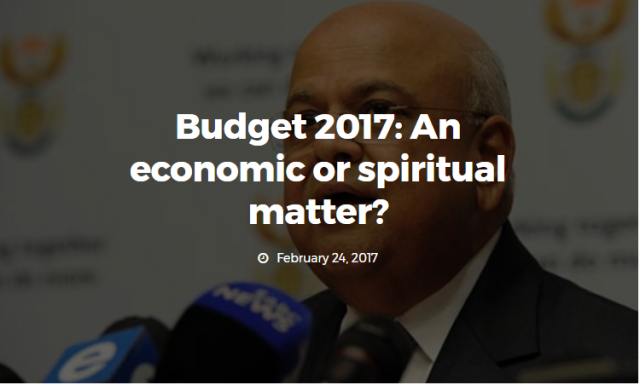A short history.
The Society of the Missionaries of Africa (M.Afr) was founded in Algeria, in 1868 by Cardinal Charles Lavigerie, Archbishop of Algiers; he would later be-come Cardinal Lavigerie (July 1882). From the beginning, this new missionary society took the Arab dress: the “gandoura”, with, as a religious sign, a rosary worn like a necklace. This earned them the name “White Fathers”. One year later, in 1869, Cardinal Lavigerie also founded the Congregation of the Missionary Sisters of Our Lady of Africa (MSOLA). Today, there are 1,232 Missionaries of Africa, from 37 Nationalities, working in 42 Countries, 22 of which are in Africa. They live in 217 communities; with a further 486 candidates at various stages of formation.
 South Africa.
South Africa.
At the request of the Malawi Catholic Bishops’ Conference, in 1969 the Missionaries of Africa finally came down to South Africa in order to minister to the 70,000 Malawian migrants working in the lucrative mines around Johannesburg, Rustenburg and Witbank. The Malawian Catholic Mine Chaplaincy soon became the Catholic Mine Chaplaincy as the first missionary communities answered the call of all migrant mine workers, drawn from the neighbouring countries, to have a Catholic presence in their mine. Twenty years later the mine chaplaincy was integrated into each Diocese, through parish structures.
Our commitments over the years.
As the Missionaries of Africa became more known; new requests for communities were sent to the General House in Rome. The response was positive, and in rather quick succession, missionary communities were founded in Bethlehem Diocese: Phuthaditjhaba/Qwaqwa and eventually Bohlokong; in Pretoria Archdiocese in the KwaNdebele region: Tweefontein, Siyabuswa and Diepsloot; in Witbank Diocese: Kamhlushwa, Malelane and eventually KwaGuqa; in Johannesburg Archdiocese: Soweto (Zola, Zondi, Emdeni and Protea North), Orange Farm, and later, Lenasia.
From 1998 to 2004, three of our Missionaries ran the Lumko Institute in Benoni. The most recent insertion is a formation house in Durban Archdiocese: Merri-vale has more than 30 theology students from various African countries who study theology at Cedara St. Joseph Institute. Furthermore, we have two parishes near Pietermaritsburg: Henley and KwaMpumuza. Our students enjoy going there for their weekend apostolate.
A community in Edenglen, Johannesburg, acts as a hub for administration and vocation animation, while welcoming many visitors. At the same time, the priests of this community offer much appreciated services to local parishes, groups, schools and religious communities of that area and beyond.
And the mission goes on…
In their almost 50 years in South Africa (2019), the Missionaries of Africa living in communities, have tried to respond to requests for primary evangelisation, and moving on when the local Church has been established. Due to dwindling numbers and the maturity of the local Church in South Africa, today communities are found in the formation house in Merrivale, Henley, KwaMpumuza, Bethlehem, Lenasia and Edenglen; 17 confreres in all.
The contribution has been modest but sincere; a missionary effort to building a vibrant local Church. The presence of a Formation House bodes well for the future and will ensure a Missionaries of Africa presence in South Africa for the foreseeable future.
We sincerely hope and pray that this Jubilee celebration will finally arouse in some young men the desire of a true vocation as Missionaries of Africa. What a wonderful gift from the South African Church this would be to us! Please, pray for us!
With God’s blessings.
Missionaries of Africa, P.O. Box 10057, Edenglen 1613, South Africa. Tel: 011 452 5283.













 Bishop Abel Gabuza, the chairperson of SACBC Justice and Peace Commission, has called on the Parliament’s Standing Committee on Finance to consider further regulation of banks if the banks are found guilty of collusion by the competition tribunal.
Bishop Abel Gabuza, the chairperson of SACBC Justice and Peace Commission, has called on the Parliament’s Standing Committee on Finance to consider further regulation of banks if the banks are found guilty of collusion by the competition tribunal.